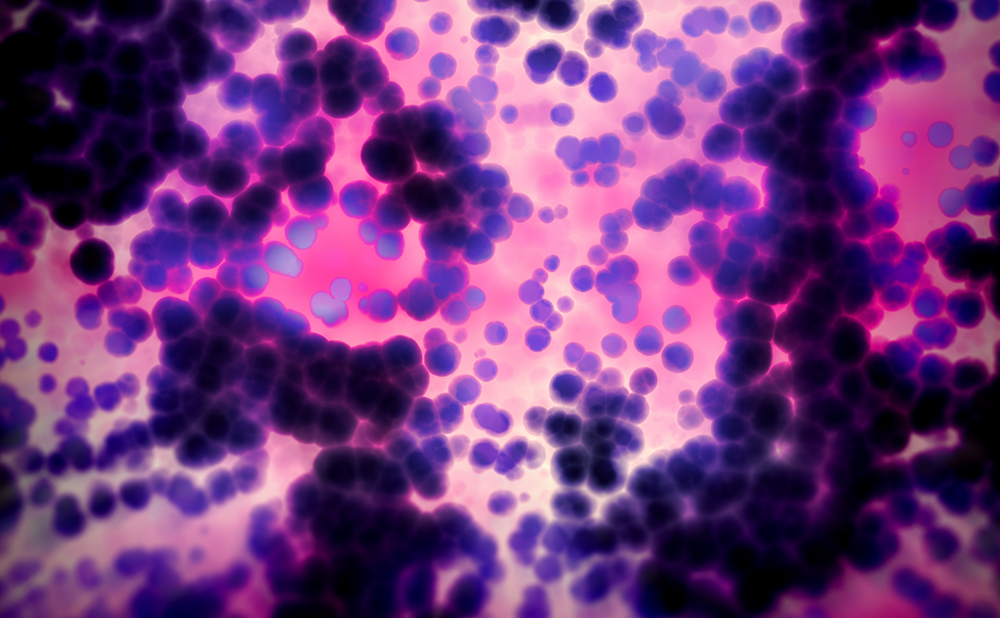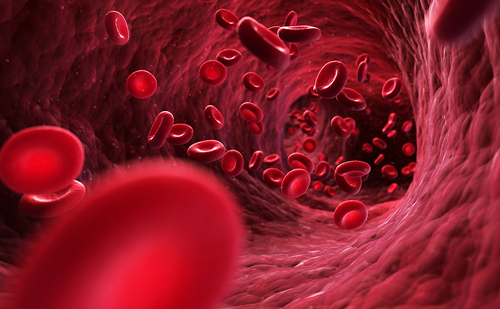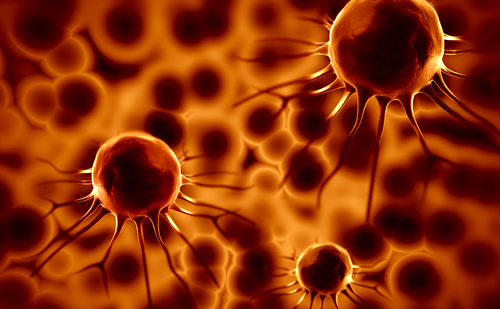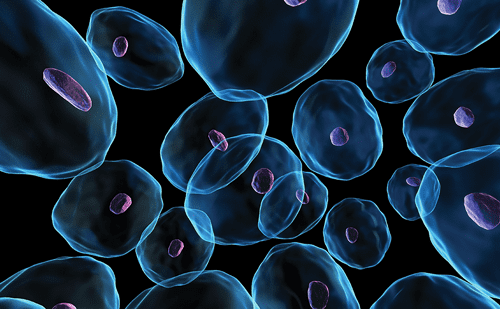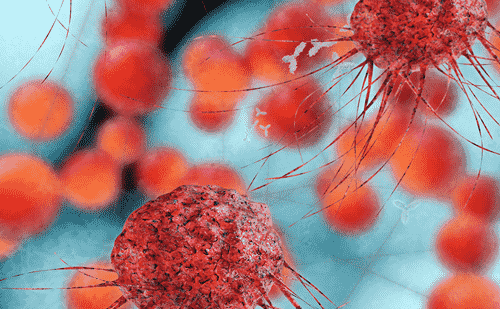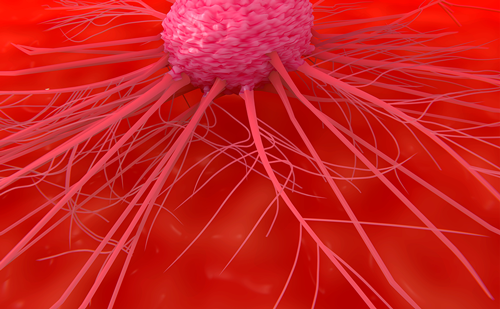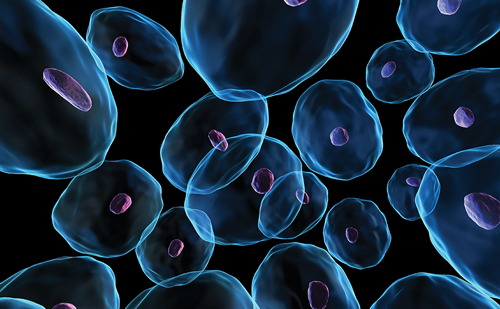Welcome to the winter edition of European Oncology and Haematology, a bi-annual journal that features a wide variety of topical articles of interest to oncologists and haematologists as well as the wider medical community.
We begin with some of our popular expert interviews, which provide a snapshot of some of the hottest topics in oncology and haematology. Sir John Burn provides an insight into the evolving role of molecular diagnostic techniques in the management of cancer. Y-Long Wu discusses the rationale for targeting MET gene alterations in non-small cell lung cancer (NSCLC) and the clinical development of tepotinib, a c-MET tyrosine kinase inhibitor. Finally, Antonis Kattamis discusses the key findings of the DEEP2 Trial, which assessed paediatric patients affected by hereditary haemoglobinopathies requiring chronic transfusions and chelation.
In recent years, novel hormonal therapies targeting the androgen-receptor axis, including abiraterone acetate and enzalutamide, have transformed the treatment landscape for metastatic castration-resistant prostate cancer (mCRPC).
In a review article, Maughan and Gschwend consider the clinical evidence for the optimal sequencing of these agents in the treatment of patients with mCRPC.
Case studies are a valuable means of highlighting unusual manifestations of common conditions. Garcia et al. present a case of a young man with myelodysplastic syndromes (MDS) with chromosomal alteration i(7q10) a rare cytogenetic abnormality in MDS, especially in young people. In addition, Jayawickreme et al. present a rare case of a woman with multiple myeloma complicated by immunoglobulin light chain (AL) amyloidosis.
Advances in understanding of molecular mechanisms and resistance to chemotherapy is informing the development of new targeted chemotherapy and immunotherapeutic agents for the treatment of patients with acute lymphoblastic leukaemia (ALL). In our final article, Schimieguel et al. present a systematic review and meta-analysis of studies exploring the role of new immunophenotypic markers on the prognosis and overall survival of patients with ALL.
European Oncology and Haematology would like to thank our Editorial Board for their continuing support and guidance. Special thanks also go to our expert authors, who gave their time and effort to produce an insightful selection of articles. We are also grateful to all organisations and media partners for their ongoing support. The expert discussions and the range of topics covered ensure there is something of interest for every reader and we hope you find this edition useful and thought-provoking.




